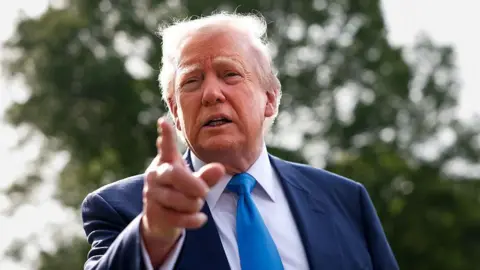Understanding the Veterans Day Rename Debate: History, Proposals, and Public Response
The discussion around a potential veterans day rename has sparked both passionate support and strong opposition. For many Americans, Veterans Day represents deep respect and gratitude for those who have served in the armed forces. However, proposals to change its name have raised important cultural and political questions.

The Origins and Meaning of Veterans Day
Veterans Day is a federal holiday observed every November 11. It commemorates the armistice that ended World War I and honors all U.S. veterans, past and present. Originally called Armistice Day, the holiday expanded its scope in 1954 to honor veterans of all wars. This change reflected the growing recognition of service members' contributions beyond a single conflict.
The Current Rename Proposal
Recently, former President Donald Trump proposed the idea to rename Veterans Day, suggesting "Victory Day for World War I" as the new title. He believes this change would bring greater attention to America's historic military triumphs. Trump also advocated recognizing May 8 as "Victory Day for World War II," aiming to match commemorations in Europe. You can read more details and the reasoning behind this proposal in USA TODAY's coverage.
The proposal is grounded in highlighting victories in major wars rather than the broader honoring of all veterans. Critics argue that this could narrow the holiday's inclusive spirit. Supporters, however, claim it would add deserved emphasis to America's historical achievements.
How Federal Holidays Are Renamed
Changing a federal holiday's name, such as a veterans day rename, requires action by Congress and is not easily accomplished. States also set their own holiday observances, meaning changes may not be adopted uniformly. For insight into how Veterans Day has changed over time and the legislative process involved, the BBC explains the differences and official procedures.
Broader Context: Military Parades and Commemorations
The conversation about renaming Veterans Day is part of a larger trend toward celebrating military victories more openly. In connection to the rename debates, large-scale military parades have been proposed and occasionally organized. For example, a significant parade will celebrate the US Army’s 250th anniversary, touching on themes of military pride. Read further about parade planning and its political context in this BBC News article.
Public and Official Responses
The reaction to the veterans day rename idea has been mixed. Some see it as a way to reclaim and celebrate national achievements. Others worry it may diminish recognition for veterans of all conflicts, not just the world wars. Notably, the White House has sent mixed signals about whether the change will proceed, and many leaders stress the need to both "honor Veterans Day AND commemorate the end of the world wars as Victory Days."
Conclusion: Honoring Service While Debating Change
The debate over a potential veterans day rename underscores the importance of both honoring tradition and understanding America’s evolving relationship with history. Whether or not the holiday’s name changes, the central goal remains: to honor the sacrifice and service of those who have defended the nation. As the conversation unfolds, it is vital for citizens and leaders alike to engage thoughtfully and respectfully, ensuring that all who served are recognized and remembered.